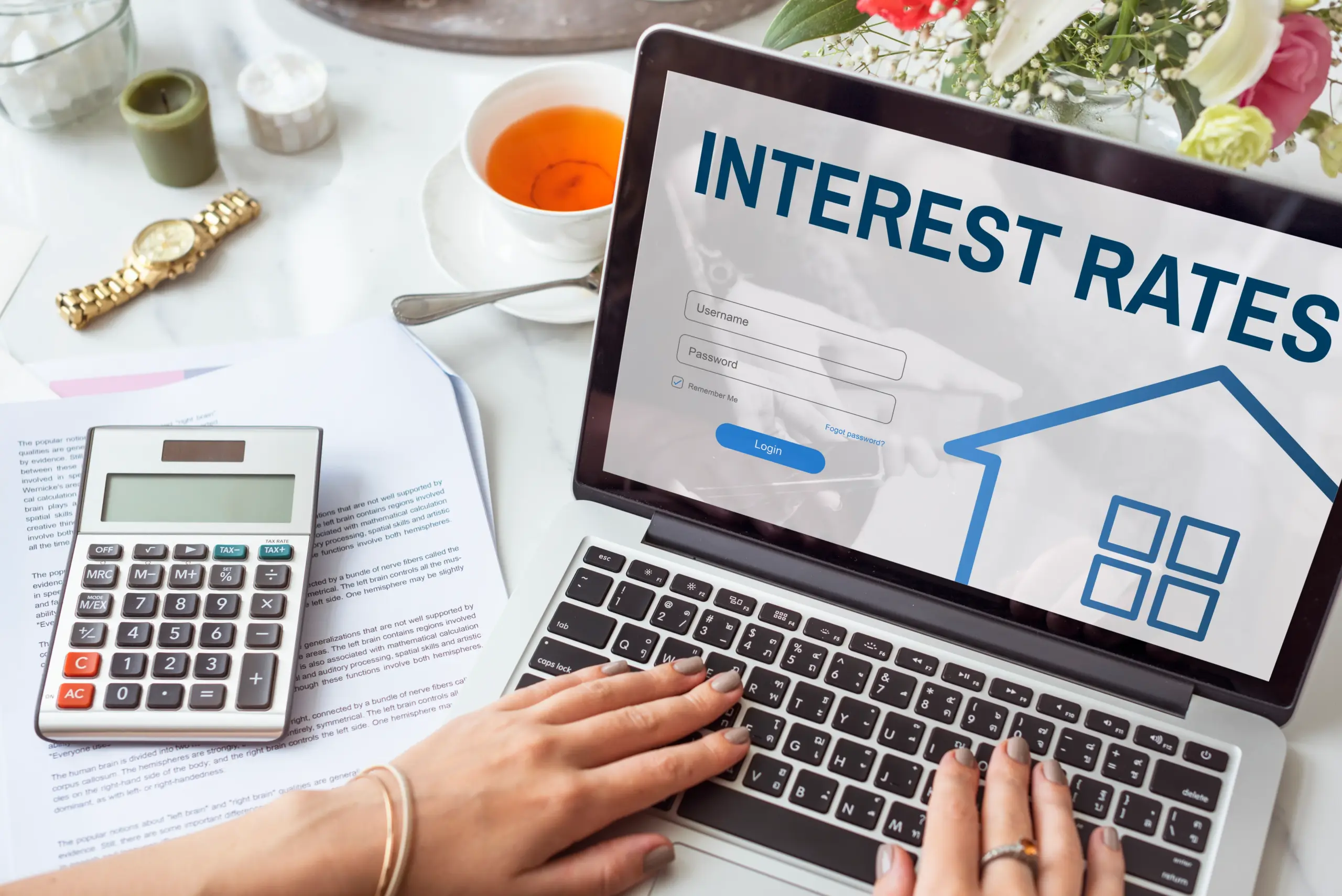QUICK SUMMARY: A reverse mortgage loans can offer seniors financial flexibility in retirement by turning home equity into tax-free cash. But just like any financial decision, it comes with trade-offs. This guide takes a deeper look at the benefits, risks, and key scenarios to help you make the right choice for your future.
A reverse mortgage loans isn’t your typical loan. It’s designed specifically for seniors 62 and older who want to access the equity in their home without selling it or making monthly payments. Instead, the lender pays you based on the value of your home.
The most common type is the HECM—Home Equity Conversion Mortgage—backed by the Federal Housing Administration (FHA). You remain the homeowner, responsible for property taxes, insurance, and maintenance. The loan only becomes due when you move out, sell, or pass away.
Want a step-by-step breakdown of the process? Check out our main guide: Reverse Mortgage Loans 2025 HECM Rules
Why Some Seniors Choose a Reverse Mortgage Loans
Reverse mortgage loans have grown in popularity over the years, especially as retirement costs rise and savings often fall short. Here are some of the key advantages:
No Monthly Mortgage Payments
Your existing mortgage is paid off (if applicable), and you no longer make monthly payments to the lender. This can ease your monthly budget significantly.
Flexible Access to Equity
Get your funds in a way that fits your needs:
- A one-time lump sum
- Fixed monthly payments
- A line of credit you draw from when needed
- Or a combination of the above
Tax-Free Funds
Because the money is a loan—not income—it’s generally not taxable. It also typically doesn’t affect Social Security or Medicare benefits.
Stay in the Home You Love
As long as the home remains your primary residence and you meet loan terms, you can stay indefinitely.
Non-Recourse Protection
You or your heirs never owe more than what the home is worth—even if the loan grows beyond the home’s value over time.
“For many retirees, a reverse mortgage loans becomes a reliable source of income when other options are limited. It offers peace of mind without having to leave home.” – Mortgage Maestro Group
The Trade-Offs: Risks and Considerations
A reverse mortgage loans is a helpful tool for some, but it’s not without downsides. Make sure you understand what you’re giving up in exchange for the benefits.
Upfront Costs and Fees
Expect to pay:
- Origination fee
- FHA mortgage insurance premium
- Appraisal and closing costs
These are often rolled into the loan, but still reduce the equity available to you.
You Must Keep Up With Property Expenses
You remain responsible for:
- Property taxes
- Homeowners insurance
- General maintenance
Failure to meet these obligations can cause the loan to go into default.
Reduced Inheritance for Heirs
Since you’re borrowing against your equity, less of the home’s value will be left behind. If you plan to leave the property to loved ones, this could be a drawback.
Moving Out Triggers Repayment
If you move out for more than 12 months (including into assisted living), the loan becomes due. It’s important to factor this in if you anticipate a lifestyle change.
Not Ideal for Short-Term Plans
If you think you might sell or move soon, the upfront costs may not be worth it for a short-term benefit.
Is a Reverse Mortgage Loans Right for You?
Let’s be real: this is not a one-size-fits-all product. But if you check several of the boxes below, it could be a solid fit.
Good fit if:
- You’re 62+ and plan to stay in your home long-term
- You have significant home equity
- You want to eliminate monthly mortgage payments
- You need extra cash flow in retirement
Probably not the best fit if:
- You plan to move within a few years
- You want to leave your home free and clear to heirs
- You struggle to pay property-related costs
This is why personalized guidance matters. A reverse mortgage loans is a financial decision that affects your future and your family. Work with a trusted advisor who will give you the full picture.
FAQs About Reverse Mortgage Loans
What is the biggest benefit?
The ability to turn home equity into tax-free cash while eliminating your monthly mortgage payment.
What is the biggest risk?
Losing equity in your home, which could impact what you leave to heirs.
Can I lose my home?
Only if you fail to meet loan requirements like paying taxes, insurance, or living in the home as your primary residence.
Are reverse mortgage loans safe?
Yes—especially federally insured HECMs, which come with consumer protections.
What happens when I pass away?
Your heirs can either sell the home to repay the loan or keep the home by paying off the balance. If the home is worth less than what’s owed, FHA insurance covers the difference.
Final Thoughts: Know Before You Borrow
A reverse mortgage can bring peace of mind, especially when retirement income is tight and home equity is your biggest asset. But it’s not a free ride. You’re trading long-term equity for short-term flexibility. That’s not a bad thing—as long as it’s intentional.
Before making a decision, consider:
- Talking to a HUD-approved counselor
- Running the numbers with a reverse mortgage specialist
- Discussing with your family and estate planner
Want a deeper look at how HECMs work in 2025? Read the full guide here: Reverse Mortgage Loans 2025 HECM Rules
Need expert advice? Contact Mortgage Maestro Group to schedule a free consultation.
Mortgage Maestro Group – NMLS #1838215










